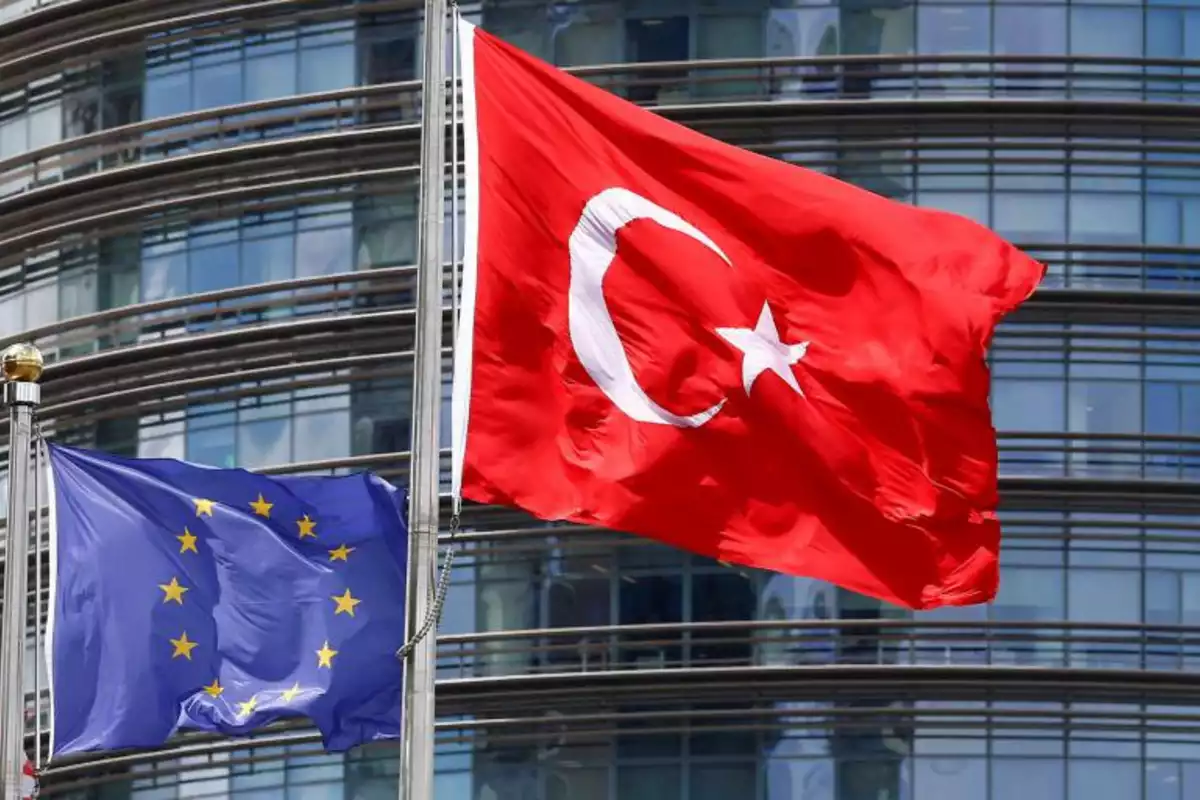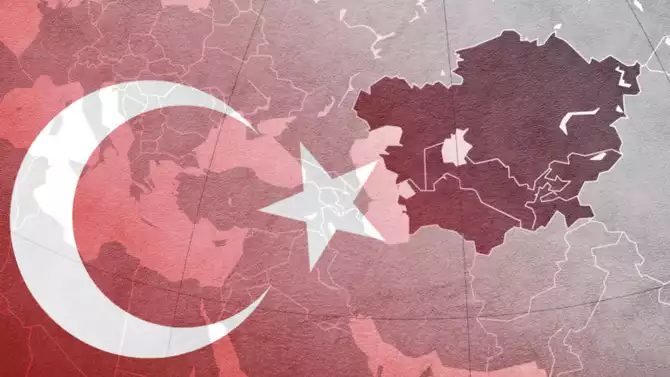
Photo credit: AFP
Against the backdrop of rapidly evolving geopolitical dynamics, Central Asian countries are exploring new formats of international cooperation in an effort to maintain strategic balance among leading global actors - the European Union, China, Türkiye, Russia, and the United States. Of particular interest in recent months has been Türkiye’s growing activity in the region and the initiatives promoted by Ankara within the framework of the Organization of Turkic States. What are the real prospects for Turkic integration? Why do regional countries proceed with caution, favoring economic pragmatism over political ambition?
And what role does Türkiye play in this process?
President of the Republic of Türkiye, Recep Tayyip Erdoğan, has been in power for over two decades. From March 14, 2003, to August 28, 2014, he served as prime minister. Subsequently, under government initiative, the country transitioned from a parliamentary to a presidential system. During his tenure, Türkiye’s economy has significantly strengthened, and the country has assumed a more active role on the international stage.
Amid these transformations, the Turkish leadership has repeatedly launched initiatives aimed at enhancing regional cooperation. These include the idea of integrating Turkic states and expanding ties with Middle Eastern countries. With Türkiye’s accession to the European Union effectively postponed indefinitely, Ankara has shifted its focus toward a multidimensional foreign policy - including renewed engagement in Central Asia.
The initiative to establish the Turkic Council (now known as the Organization of Turkic States) aimed to deepen cultural, economic, and political ties among nations bound by linguistic and historical roots. However, in a climate of global competition and strong national sovereignty, Central Asian countries have opted for flexibility and independence in selecting international partners.
A recent example of this approach was the signing of a joint declaration by four members of the OTS and Tajikistan with the European Union, reaffirming their commitment to the principles of international law and territorial integrity. The document specifically references UN Security Council Resolutions 541 and 550 regarding Cyprus, and signatories expressed their intention to accredit ambassadors to Nicosia. These steps sparked discussion among experts, including Associate Professor Cihat Yaycı of Istanbul University’s Department of Political Science and International Relations, who voiced concern over the implications of this development.

Photo credit: aze.media
In exchange for participating in the declaration, EU representatives pledged €12 billion in investment for the region - funding earmarked for the development of the Middle Corridor, reflecting the EU’s growing interest in Central Asia amid global changes in logistical and energy routes.
Particular attention was drawn to remarks by Kazakh President Kassym-Jomart Tokayev reaffirming support for the principle of territorial integrity of all states, including Cyprus - signaling a commitment to international legal norms. Uzbekistan’s Foreign Minister Vladimir Norov also emphasized that Tashkent’s position on recognition remains unchanged.
The situation in the region reflects the determination of Central Asian nations to preserve their multi-vector foreign policy. Türkiye remains a key strategic partner, particularly in the development of logistical and energy corridors. Turkish initiatives in digitalization, infrastructure, and education are welcomed by several countries, though each state seeks to maintain a careful balance between competing global and regional actors.
The geopolitical landscape is also evolving in response to Europe’s energy transition. The European Investment Bank has ceased financing fossil fuel projects, affecting the viability of gas export routes from Central Asia.
Amid shifting foreign policy priorities, Central Asian states are increasingly emphasizing economic pragmatism. As American expert Walter Russell Mead notes, the region is experiencing a rise in local ethnic patriotism and a turn toward pragmatic diplomacy that accounts for the interests of all major players - including the EU, China, Türkiye, and Russia.
Ultimately, a unified pan-regional model centered on a single external partner is giving way to a more flexible architecture of international engagement. A new phase of strategic competition is unfolding in Central Asia - one in which priority will be given to economic development, infrastructure, and technology-based initiatives grounded in mutual respect and a careful balance of interests.
Share on social media